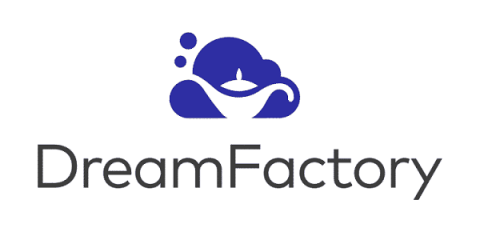Container Orchestration | Definition, Benefits & How It Works
Not until the early did the concept of a container-based application emerge to transform the IT world. For the first time, the software was deployed consistently and reliably regardless of the target environment’s changes (private or public cloud, personal computer, etc.). With the development of containers, container orchestration has become a trending topic in recent years, with successful applications from the likes of tech giants Facebook, Google, Netflix, among others.











